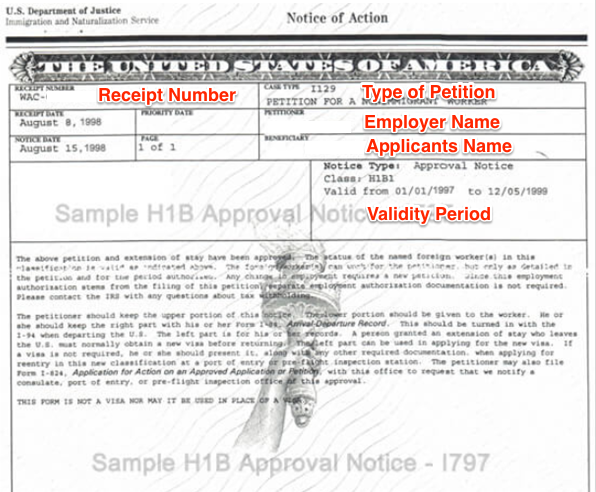Everything You Should Know About Liquid Flow Control Valves
514
0
·
2020/10/30
·
2 mins read
☕
WriterShelf™ is a unique multiple pen name blogging and forum platform. Protect relationships and your privacy. Take your writing in new directions. ** Join WriterShelf**
WriterShelf™ is an open writing platform. The views, information and opinions in this article are those of the author.
Article info
Tags:
Date:
Published: 2020/10/30 - Updated: 2020/11/01
Total: 422 words
Like
or Dislike
More from this author
More to explore










The liquid flow control valve can change pipes either on or off. It also controls the amount of liquid that moves through a pipe. If you want to know more about the liquid flow control valve, stay tuned. In this guide, we will see everything about liquid flow control valves.
What is a Liquid Flow Control Valve?
That is one of the most commonly asked questions. A liquid flow valve is a tool used to fully or partially block pipes in a nutshell and has an adjustable aperture that is opened and closed manually. For instance, if you turn on a faucet, you activate the valve in it. That valve is the one that helps the water to come out or escape. The liquid control valve regulates liquids, and it works on machines that transport liquid products in physical states.
Materials Used to Make Valves
Most dealers make liquid flow control valves from stainless steel. The outer part comes with a plastic or metal casing.
That enables the valve to achieve full sealing. The body, which is the inner part, fits the seal in the closed valve. A valve has a manual lever that controls it.
The seal ought to be closed well to avoid any liquid from escaping. That's because the critical aspect of a valve is when it is closed.
Types of Control Valves
There exist several types of liquid flow control valves. But some of the most used designs are:
Needle valve
As the name says, needle valves use a large sliding needle to control the machine's liquid flow.
Gate valves
Gate valves open and close by lowering the metal gates in them. You can find them in water supply pipes.
Spool valves
Spool valves are mostly applied to the control force in hydraulic systems.
Ball Valves
The ball type of flow control valve comes with metal, which moves positions to regulate liquids' flow.
Pros of using Valves
a. Very reliable
b. Have less pressure drop
c. They can last for a long time.
d. Fast and effective operations
Cons of Control valves
The most notable con is that they need a control signal that is turned on all the time.
Final Thoughts
Did you know that pipelines are one of the world's best means of transport? Pipelines transport a considerable amount of liquid as well as gas products across the globe. Before you think of buying or using liquid flow control valves, read this guide. After you are done, you will have known every detail about control valves.